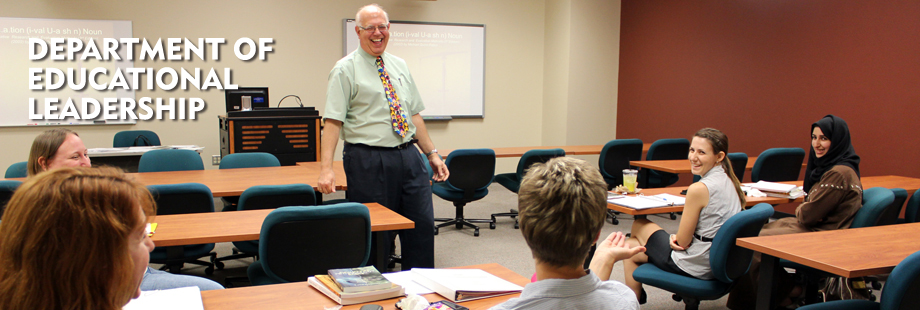Behind the Veil: Cultural Challenges and Opportunities for a New International Student Group
Article included in the repository with the permission of Allied Academies. For information or to submit a paper for a journal or conference, see the publisher's website.
Abstract
The number of Saudi students studying in the United States quintupled from 3,035 students in 2005 to 15,810 students in 2010 due to a fully funded Saudi government scholarship (Open Doors, 2010). As students originating in a cultural background differing from the prevailing principles of their higher education institutions, Saudi students face several challenges. The cultural challenges are one of the most frequently apparent among these challenges (Constantine, Okazaki, & Utsey, 2004; Miller, 2002). Building upon the relationship between the cultural beliefs and student academic achievement, this study aimed at examining the cultural aspects of the increased presence of Saudi students enrolled in the various academic programs at a Mid-Western research university, Riverside State University, a pseudonym. The study followed the qualitative method for data collection and analysis. After conducting initial site observations and document reviews, primary data were collected from open ended interviews with students, administrators, and professors at the university. Study findings revealed various cultural implications arising from the continuous increase of Saudi students on American higher education campuses. The cultural construct was shown to have several subsequent aspects including: transition, academic life, and social life. University support systems were explored to demonstrate a replicable model that can be adopted to ease the cultural adjustment of these students. Recommendations demonstrate how various techniques can be utilized to increase Saudi students’ engagement for academic success.



